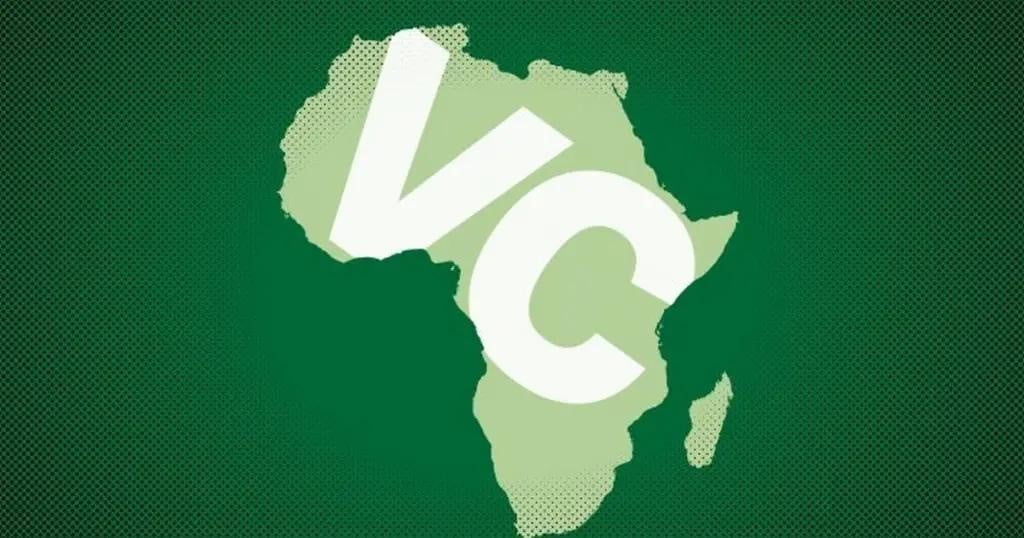Overview
Venture capital (VC) has become a popular term among African economies in recent years, with notable success stories like Jumia, Zipline International, M-Kopa and TerraPay, to mention a few. Africa’s rise in VC investment is largely driven by “the big four” countries, namely Kenya, Egypt, South Africa and Nigeria (the structural factors that account for this is a topic for another day), who together account for approximately 90% of the total startup funding in Africa. With an estimated capital investment of $6.5 billion ($1.3 billion in venture debts) and a total of 853 deals, it is not far-fetched to accede to the fact that stocks of Africa’s startups have become a pearl of great price for venture capitalists across the globe.
Most VC deals in Africa were concentrated in the financial sector, controlling over 26% of the total VC investments. Among the top sectors dominating Africa’s VC space include tech-related firms (20%), the industrials sector (9%), the healthcare sector (9%), and the communication services sector (6%). Fintech firms stayed ahead of the pack, bagging significant investment deals like the $35 million Series B round for South African digital lender Lulalend as well as the $30 million pre-Series B funding for Nigerian payment service provider Nomba.
Notwithstanding, 2022 was perhaps the most significant year for the VC industry in Africa. The continent recorded a whopping $5.2 billion in venture capital investments covering 786 deals. This underscores the sustained growth of the industry in the past three years post-covid. While more detailed research is needed to unravel the cause of this rather gargantuan jump in VC investments on the continent, some expert insights show that the continent benefited particularly from the acceleration in digitalisation across the continent triggered by the pandemic. Some of the biggest beneficiary sectors of this massive boost in VC investment are FinTech, CleanTech and AgriTech sectors. While the massive boost in VC on the African continent in 2022 was worth celebrating, the $5.2b represented just 1.2% of the total value of global VC investments, which stood at $445 billion, covering some 30, 977. Even though this figure represents a dip in Africa’s VC figure reported in 2021, it remains an impressive feat when analyzed in light of VC investment figures pre-2021.
Challenges
Recent figures reported by Bloomberg for 2023 show a further decline of 31% in VC inflows, bringing investment figures and volumes to $4.5 billion and 545 deals, respectively. The high rate of currency depreciation coupled with high rates of inflation triggered by the pandemic and the Russia-Ukraine war largely accounted for this. These turbulent economic conditions that have plagued many African states are partly responsible for the poor performance of VC startups in recent times, leading to down rounds and layoffs.
In comparison with Small and Medium-Scale Enterprises (SMEs), Venture Capital startups have recorded the highest failure rates. The structure of VC startups makes it easy for international investors to pull out their investments in times of crises or underperformance. This breeds a lot of skepticism on the part of potential entrepreneurs of startups as well as VC investors culminating into the alarming failure rate of startups across Africa. The AU startups report for 2023 produced some staggering statistics that sought to suggest that an estimated 70%-80% of African startups fail within their first five years. According to Co-founder and CFO of the popular Kenyan VC startup Zumi, “If the next generation of African unicorns are to last, venture capitalists must shift away from demanding rapid exponential growth and favor paced profitability as the model of success”.
In addition to their high failure rates, VC firms contribute to the high rate of job losses in Africa. In 2022, the VC industry recorded unprecedented job losses across the continent, particularly among tech-related firms like Chippers Cash and Twiga. The trickle-down effect of the ‘Techcrunch’ largely triggered this, resulting in the massive layoffs that swept through US tech giants like X, Google, Amazon and Meta. Consequently, African tech startups like Wave Mobile money and Chipper Cash spearheaded the massive layoffs on the continent leading to some 15% to 30% of job losses recorded in these firms.
A Case for SMEs
On the other hand, SMEs remain the main drivers of economic development across Africa. The track record of African SMEs in areas like GDP growth, job creation and innovation cannot be overemphasized. A recent report by the Pan African Chamber of Commerce and Industry (PACCI) revealed that African SMEs contribute over 50% to GDP and dominate over 90% of the private sectors of their respective economies. Regarding job creation, SMEs are clear of other business models, accounting for approximately 63% of the jobs in African countries. With the African Continental Free Trade Area (AFCFTA) underway, SMEs are likely to contribute more significantly to African economies with increased access to a broader market for their products compared to VC firms, which are more service providers. All these reasons beg the question, “Does the venture capital sector hold the keys to Africa’s economic el dorado?”
Notwithstanding these worrying downward trends, the industry’s prospects on the African continent remain promising, given the upsurge of digital technology driven by expanded access to the internet and electricity and increased financial inclusion through the proliferation of AI technology, mobile money, and other Fintech products.
Ultimately, the venture capital industry in Africa holds a lot of promise and has the potential to contribute massively to economic growth and job creation. Particular areas that provide exciting prospects are the Agritech, Healthtech and Greentech-related business models. Despite the setbacks that the VC industry has faced continentally and globally, there is a need for consensus building between policy and practice to address some structural bottlenecks that inhibit the operations of these startups in their respective countries. Also, it is imperative to welcome a wider perspective to assuage concerns about potential suboptimal growth trends in Q3 and Q4 of 2024.







